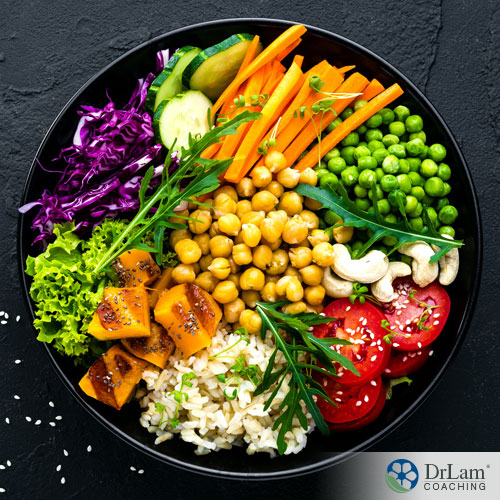 There is a steady rise in the prevalence of obesity, heart issues, and diabetes, worldwide. What is more concerning, is that your diet, in many instances, may be the cause. Increasingly, people are becoming more aware of the need to make changes in their lifestyle and food habits to improve their health. Opting for a vegan diet, in particular, has been popular recently. But does everyone understand the concept behind a vegan diet and the dietary changes you would need to make? Let’s find out.
There is a steady rise in the prevalence of obesity, heart issues, and diabetes, worldwide. What is more concerning, is that your diet, in many instances, may be the cause. Increasingly, people are becoming more aware of the need to make changes in their lifestyle and food habits to improve their health. Opting for a vegan diet, in particular, has been popular recently. But does everyone understand the concept behind a vegan diet and the dietary changes you would need to make? Let’s find out.
One of the common misconceptions is that a vegan diet and a vegetarian diet are the same. There is one core difference between a vegetarian and a vegan diet. Vegetarians may not eat meat, but they may consume products that originate from animals like eggs, milk, cheese or honey. Those who are on a vegan diet, on the other hand, do not consume any animal by-products at all. It is a strictly plant-based diet with no exceptions.
Many people are under the misconception that a vegan diet is a healthy one. This is not necessarily true because there are many foods that people on this diet could potentially eat that is unhealthy. Toffee, for example, have no animal products, but too much toffee could be bad not only for your teeth but also for your health due to their high sugar content. As is the case with any type of diet, people following this diet also need to be mindful of their choices.
Another common misconception about a vegan diet is that it is one that is sorely lacking in protein. While a lack of protein may be a concern, it is not necessarily the case with everyone on this diet. This is because the term ‘protein’ refers to all the essential amino acids. These are the building blocks that our bodies are quite able to produce by themselves. Contrary to popular belief, these amino acids are also found in many plant products as well. A good example of protein from plants would be soy and nuts.
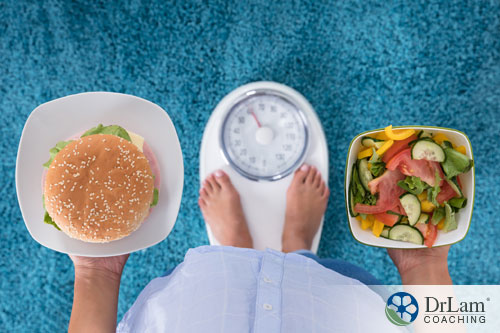 People may decide to follow a vegan diet for various reasons. In most instances, their reasons are personal in nature and may include:
People may decide to follow a vegan diet for various reasons. In most instances, their reasons are personal in nature and may include:
A vegan diet, according to research, may help to reduce your risk of contracting diabetes, heart issues, and even cancer. It may also aid in weight loss, although this is not guaranteed by simply switching to it. The truth is, just like non-vegans, someone on this diet, may possibly consume fewer calories, but still have to watch what they eat and do some type of physical activity. The former may just be easier than is the case with someone used to a meal of rice, potatoes, and meat.
Animal welfare and ethics, is one of the main reasons why many people opt for a vegan diet. They are against animals being used in laboratories for the testing of various products and the cruel ways in which animals are farmed or slaughtered. A vegan diet is a prerequisite in some religions because they do not believe in killing any living organisms.
Climate change and saving the planet is another reason why people opt for a vegan diet. They strongly believe in reducing the carbon footprint that is left by meat-production methods. A vegan diet would be a way to support sustainable agriculture. Also, with regards to yield, crop farming is shown to have a much higher food yield per acre compared to meat production in farms. So the big picture is that with more people on a vegan diet, there would be an increasing demand for crop farming than animal husbandry. As a result, the overall food production in the world would rise.
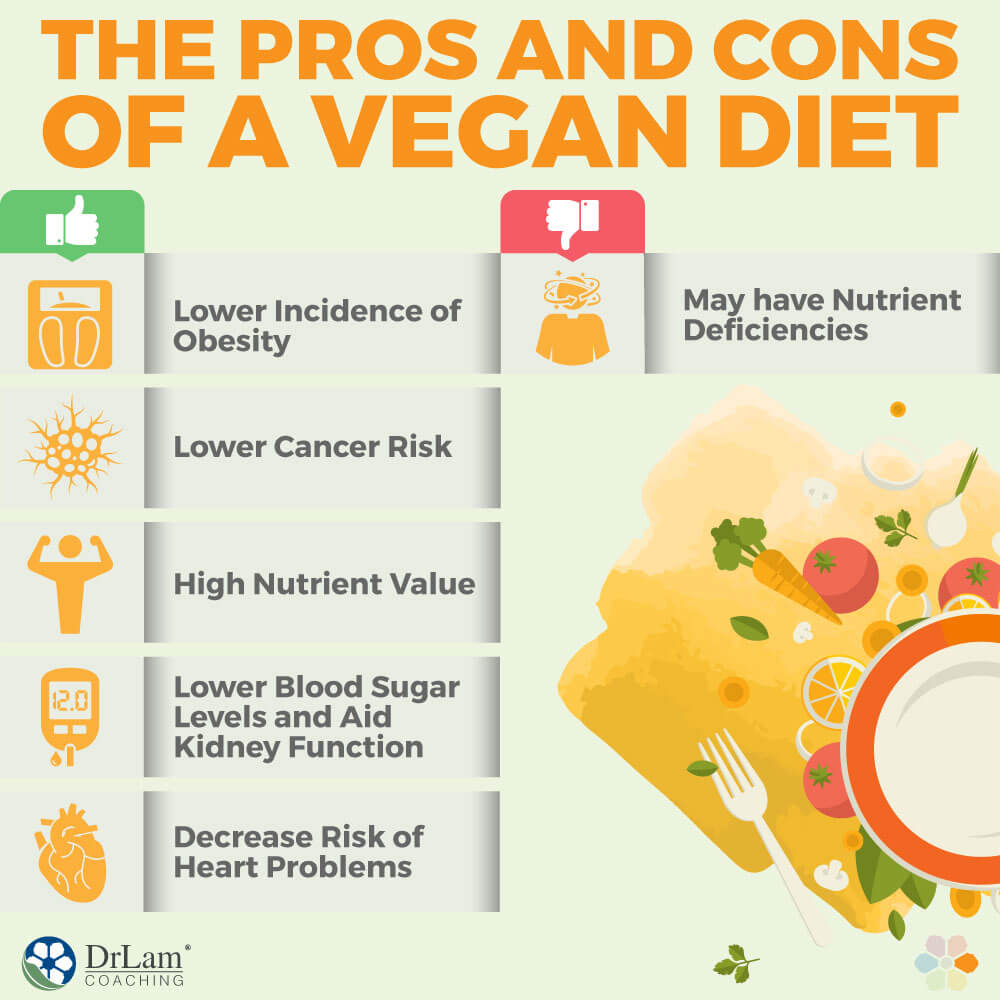 As with all types of diets, the vegan diet has its pros and cons. Let’s first take a look at the pros.
As with all types of diets, the vegan diet has its pros and cons. Let’s first take a look at the pros.
Several studies indicate that people on a vegan diet tend to have fewer issues with their body weight. There may be a few possible reasons for that. Firstly, people opting for a vegan diet give the impression that they have a more mindful approach to what they eat on a daily basis. Therefore, they may tend to avoid calorie-rich food. Secondly, with reduced sugar and fat consumptions, people on a vegan diet do not have severe food cravings. This helps them to lose weight more easily than people who are on a calorie-restricted diet. Thirdly, plant-based food is considered to be of lower calories compared to meat products thereby helping the people on a vegan diet to naturally consume fewer calories even if they eat a lot more food.
A diet rich in fruit and vegetables may reduce your chances of contracting cancer. Eating legumes regularly, for instance, might lower your risk of colorectal cancer, while people who eat at least seven portions of fruit and vegetables each day are shown to reduce their chances of contracting certain types of cancer.
Studies show that soy products, a staple with most vegans, protect against breast cancer while cutting out processed and cooked meat also helps protect against certain cancers. The fact that they do not partake in any dairy products may also slightly decrease their risk of prostate cancer.
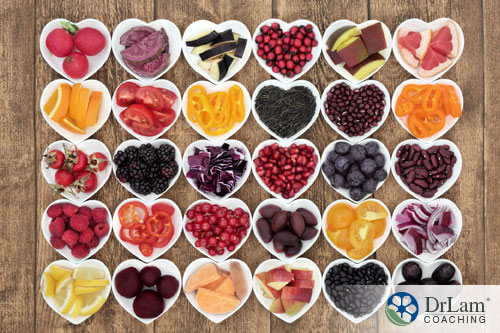 The vegan diet is rich in fruit, vegetables, nuts, seeds, whole grains, and legumes. With this diet, a person would get more nutrients, like fiber, antioxidants, potassium, magnesium, vitamins, and folate than non-vegans.
The vegan diet is rich in fruit, vegetables, nuts, seeds, whole grains, and legumes. With this diet, a person would get more nutrients, like fiber, antioxidants, potassium, magnesium, vitamins, and folate than non-vegans.
Vegans tend to have lower blood sugar levels and a lower risk of developing Type-2 diabetes. Studies show that people with Type-2 diabetes could benefit from a vegan diet, as this would help to reduce their blood-sugar levels.
Poor kidney function is often associated with diabetes. Studies indicate that a vegan diet could provide relief to someone with systemic distal polyneuropathy symptoms which is common in Type 2 diabetes.
Many studies have linked vegetables, fruit, legumes, and fiber intake to a decreased risk of heart issues. In observational studies comparing vegetarians to people on a vegan diet, the indications suggest that vegans are less likely to develop high blood pressure or a heart-related condition. They are also likely to have less concentration of bad cholesterol levels than non-vegans.
The pros, seemingly, outweigh the cons. People on a vegan diet may be deficient in vitamin B12, calcium, omega-3s, iron, zinc, essential amino acids, and vitamin D.
Lack of these nutrients could lead to compromised bone health, anemia, and neurological and psychological issues. Incorporating food and supplements rich in these nutrients in your diet would help address these deficiencies.
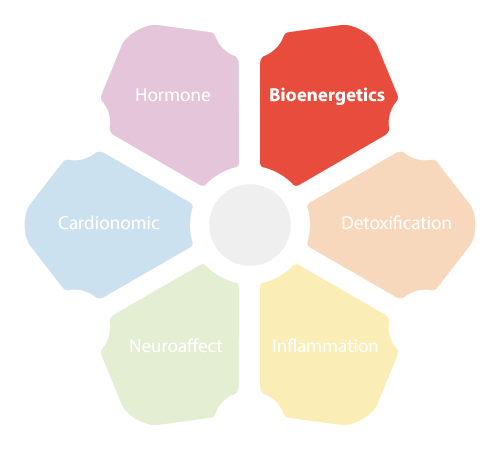 Your body’s NeuroEndoMetabolic (NEM) stress response, which is governed by the Hypothalamic-Pituitary-Adrenal (HPA) hormone is activated in response to stress and releases the hormone cortisol. Stress produces a negative impact on the body and causes a decrease in various other body functions. Even if it is for a short duration, a constant NEM due to ongoing stress could have a far-reaching effect on all organ systems.
Your body’s NeuroEndoMetabolic (NEM) stress response, which is governed by the Hypothalamic-Pituitary-Adrenal (HPA) hormone is activated in response to stress and releases the hormone cortisol. Stress produces a negative impact on the body and causes a decrease in various other body functions. Even if it is for a short duration, a constant NEM due to ongoing stress could have a far-reaching effect on all organ systems.
Your adrenal glands, which are your body’s main cortisol producers, strive to keep up with the constant, elevated demand for cortisol. This could lead to a condition called adrenal fatigue. It goes through different phases and there can be a possible increase in symptoms that could potentially be debilitating.
One of your body systems that could potentially see a decline in efficiency and health due to stress, is a system called the Bioenergetics Circuit. Cortisol, insulin, and thyroid function are closely aligned in this circuit. High cortisol and low insulin levels increase blood sugar levels, which is a symptom of diabetes. Stress, therefore, puts pressure on the pancreas to increase insulin release. This may also lead to an increase in body weight.
Your thyroid gland produces thyroid hormones that play an important role in cellular energy production. An increase in cortisol production leads to a decrease in the thyroid hormone level. This may lead to a number of symptoms that include fatigue, weight gain, high blood pressure, chronic pain, and increases susceptibility to infections.
This imbalance between cortisol, insulin, and thyroid hormone may lead to a condition known as metabolic syndrome, This is characterized by an accumulation of excessive fat around the waist, high cholesterol levels, high blood pressure, and increased blood sugar levels. If unchecked, it could result in heart conditions, diabetes, and compromised immune function. The consequences could be devastating to your health.
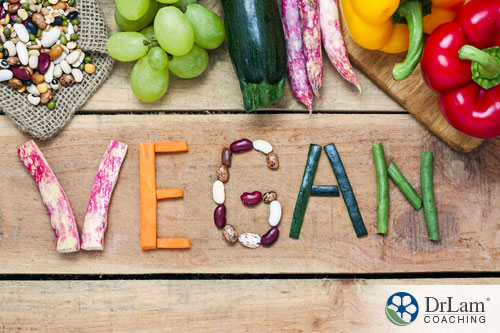 A vegan diet has the potential to positively support the general health of those suffering from adrenal fatigue and alleviate its various symptoms. The risk of developing nutrient deficiencies can be managed by adding supplements and incorporating nutrient-rich food in your diet. On balance, the advantages of the vegan-diet appear to outweigh the disadvantages and it helps maintain the symphony of the different hormone levels. It is important to always consider talking to a qualified healthcare practitioner who should be able to guide you, especially on nutrient supplementation.
A vegan diet has the potential to positively support the general health of those suffering from adrenal fatigue and alleviate its various symptoms. The risk of developing nutrient deficiencies can be managed by adding supplements and incorporating nutrient-rich food in your diet. On balance, the advantages of the vegan-diet appear to outweigh the disadvantages and it helps maintain the symphony of the different hormone levels. It is important to always consider talking to a qualified healthcare practitioner who should be able to guide you, especially on nutrient supplementation.
Adrenal fatigue recovery is a long process with many different aspects involved. A vegan diet may help you with addressing the symptoms associated with adrenal fatigue. One should, however, take notice of the shortfalls in this diet. A holistic approach is usually best.
